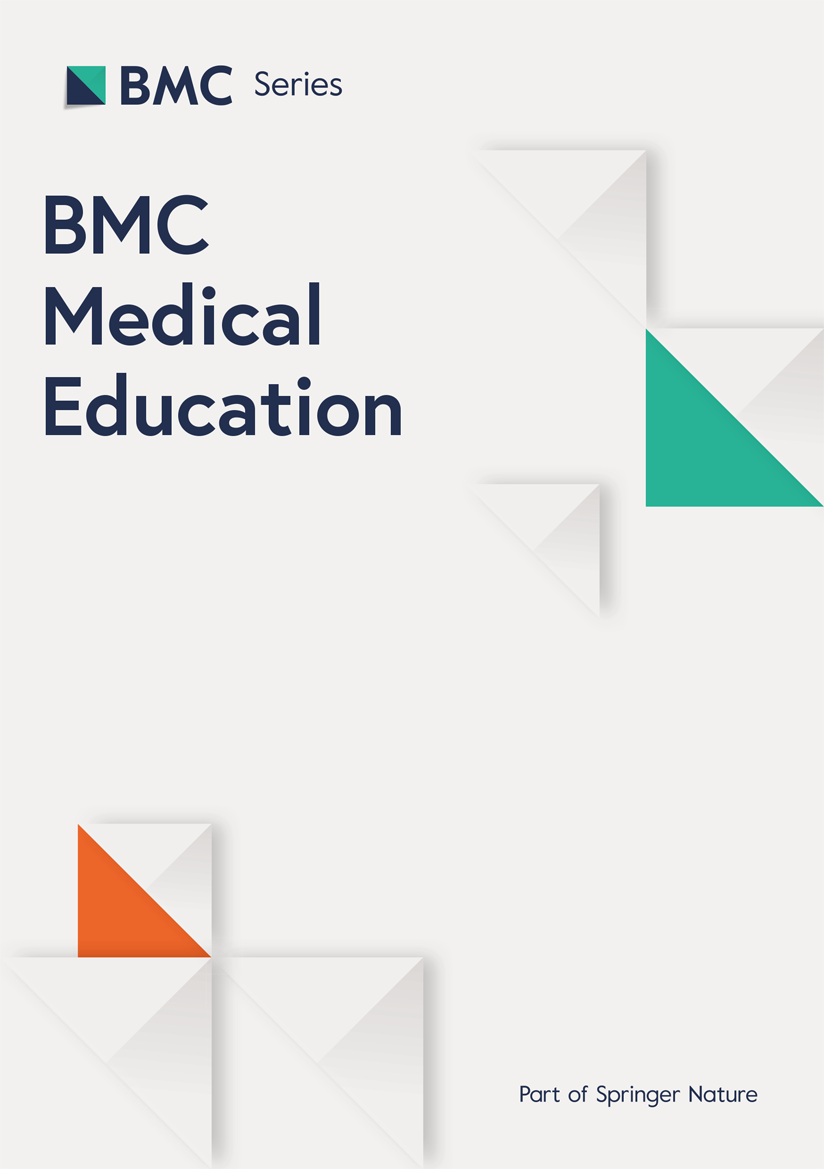How to collaborate with students on research projects

When academics and students collaborate on research projects, it can enhance the quality of the research and boost student success. Additionally, it can also promote a sense of student belonging.
Students need to be ready for a real-world environment where change is the constant. Research knowledge and enterprise are often required to develop rapidly to meet these challenges, and collaborating with students is an effective way to teach them this.
Together with BA Hons Animation students and staff in the faculty of liberal arts and sciences at the University of Greenwich, we are undertaking a collaborative project entitled “Our Kid from the North of the South of the M1 River”. It fuses together animation and sociological autobiography as a pedagogical approach to exploring lived experience.
The project charts my journey to professorship, as one of very few Black female professors in the UK. It also seeks to raise awareness of the leaky pipelines faced by global majority women in academia and encourage institutions to recognise the importance of our retention and progression. I also wish to highlight academia as a possible career for young global majority women. Drawing on our work so far, and other collaborative work undertaken, such as our Student Stories Project, I’ll share valuable insights on collaborating with students on research projects.
How to create opportunities to collaborate
At the University of Greenwich, we have an Office of Undergraduate Research hub, which I set up in 2018 and ran until 2021. It has gone from strength to strength, thanks to innovative work undertaken by one of our colleagues within the faculty. This has helped to enhance our research environment, because it’s fostered a culture in which staff and students can work together in scoping out research collaborations and undertaking funding applications. These transferable skills also benefit students’ employability.
Collaborative opportunities may occur through existing projects, as was the case with “Our Kid from the North of the South of the M1 River”. While staff will need to steer the overall direction of the projects, students should be encouraged to identify and work on areas that best reflect their interests and strengths.
Conversely, staff and students can start from scratch and develop ideas for projects together. Perhaps these ideas are in line with world issues, or affect their everyday experiences. For instance, I received funding centrally from the university to collaborate with students and my counterpart in another faculty on a Student Stories project. It centred on issues impacting student experience at our institution.
Student co-researchers were encouraged to develop key themes and shape the overall project direction. They touched on the cost of living crisis, student poverty and balancing work and study, which affected their experiences.
As a way of recording their stories, we co-created podcasts. This research has informed guidance around student experience at the university, and also in framing our institution’s Black and Minority Ethnic Awarding Difference theory of change. It also contributed to our access and participation plan for the Office of Students.
Mapping and matching skills to the relevant parts of the project
The skills the students are acquiring in their studies will come in useful on this research project. “Our Kid from the North of the South of the M1 River” needed animators, filming and sound producers, as well as project management, all skills that feature in their degrees. Work with students to identify and map out their particular strengths, so that they can focus on relevant areas.
We found that some students were keen to go beyond their comfort zone and try new skills or technologies. Encourage this, and organise training if needed.
They were then divided into subgroups based on skill sets. Although we facilitated these groups, we encouraged students’ creativity as much as possible, which they embraced fully. This has resulted in a fantastic animation of my story.
Co-creating milestones and agreeing updates
A core facet of the project management stage was setting of timelines and regular progress reviews, which took into account staff and student availability. We established the most appropriate times to meet, deciding on weekly Friday touch point meetings, and agreed task completion dates, as well as points to review. We also ensured flexibility, should issues arise – such as additional work shifts for students, urgent staff meetings, etc.
Recognising students’ work
Students should always receive full recognition for their work. Not only will this build their confidence in their abilities, but it increases their likelihood of wanting to undertake further projects. Recognition can include many forms, including identifying opportunities to showcase their work at events within and beyond the institution. “Our Kid from the North of the South of the M1 River”, for example, will be shown at various festivals externally, and at Stephen Lawrence’s 50th birthday commemoration at the University of Greenwich. If papers are produced on the back of the research, students should be named as co-producers, alongside tutors.
Since students have donated time, energy and skills to projects, we ensured that they received payment at the going rate, and extra for any additional work on the project. This is especially important, given that many are facing the brunt of the cost of living crisis. Failure to do so is exploitative, unethical and undermines their experiences.
Louise Owusu-Kwarteng is associate dean of student success and professor in applied sociology in the faculty of liberal arts and sciences at the University of Greenwich.
If you would like advice and insight from academics and university staff delivered direct to your inbox each week, sign up for the Campus newsletter.
link





